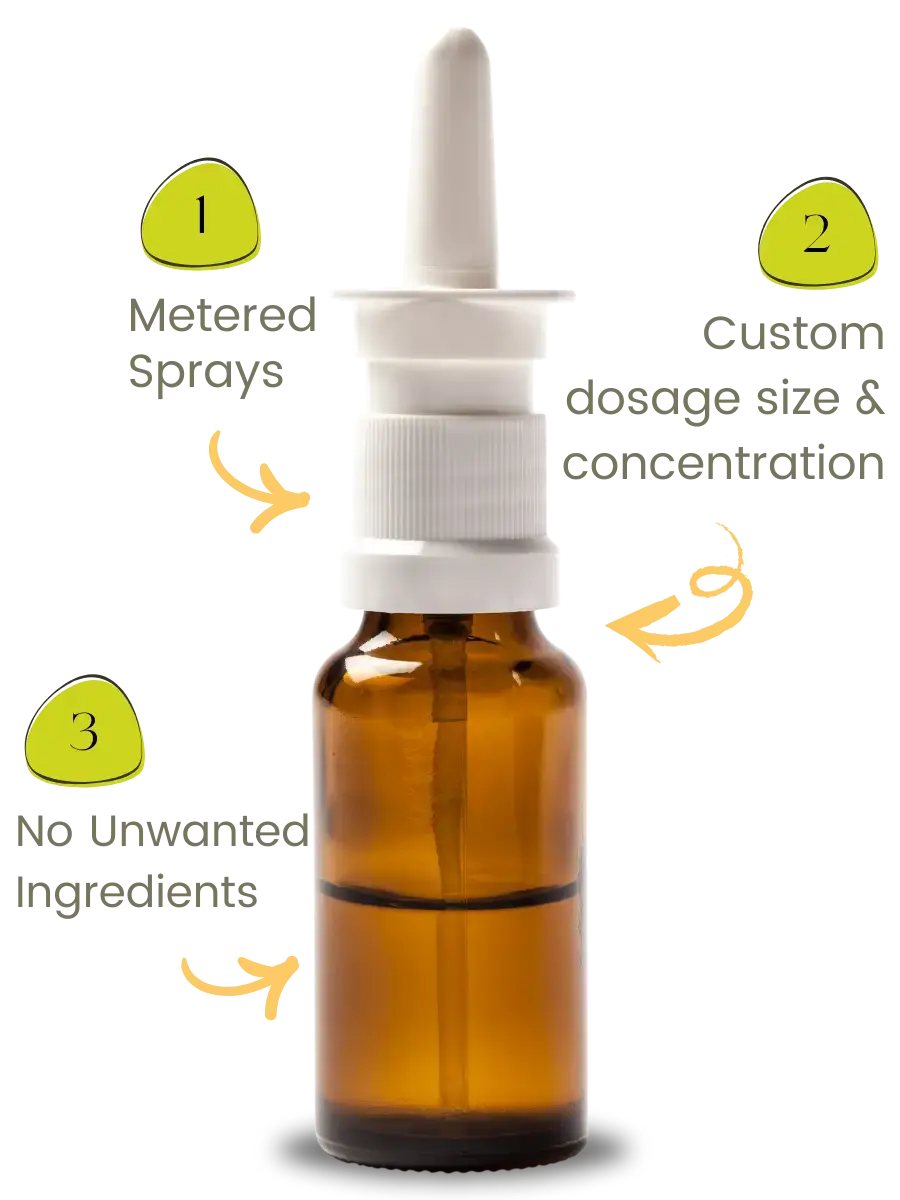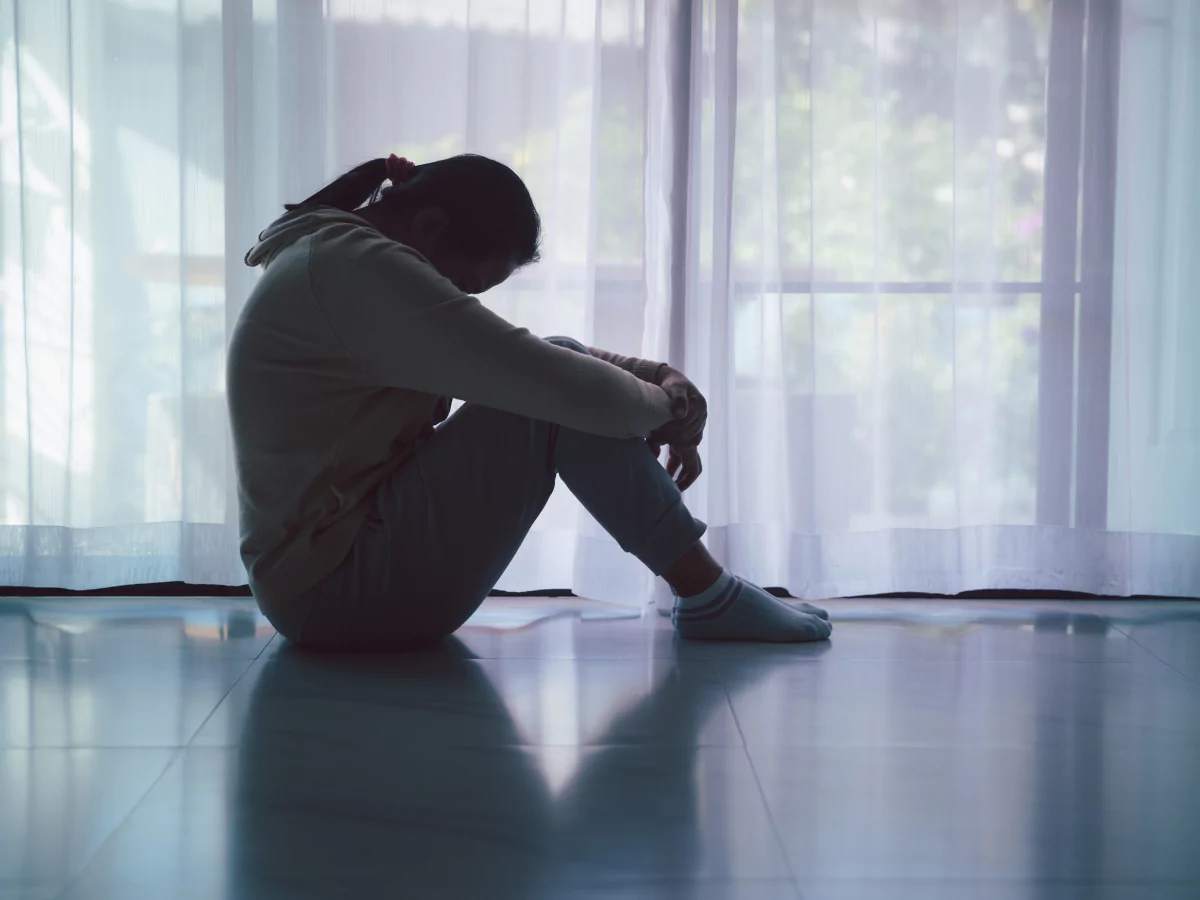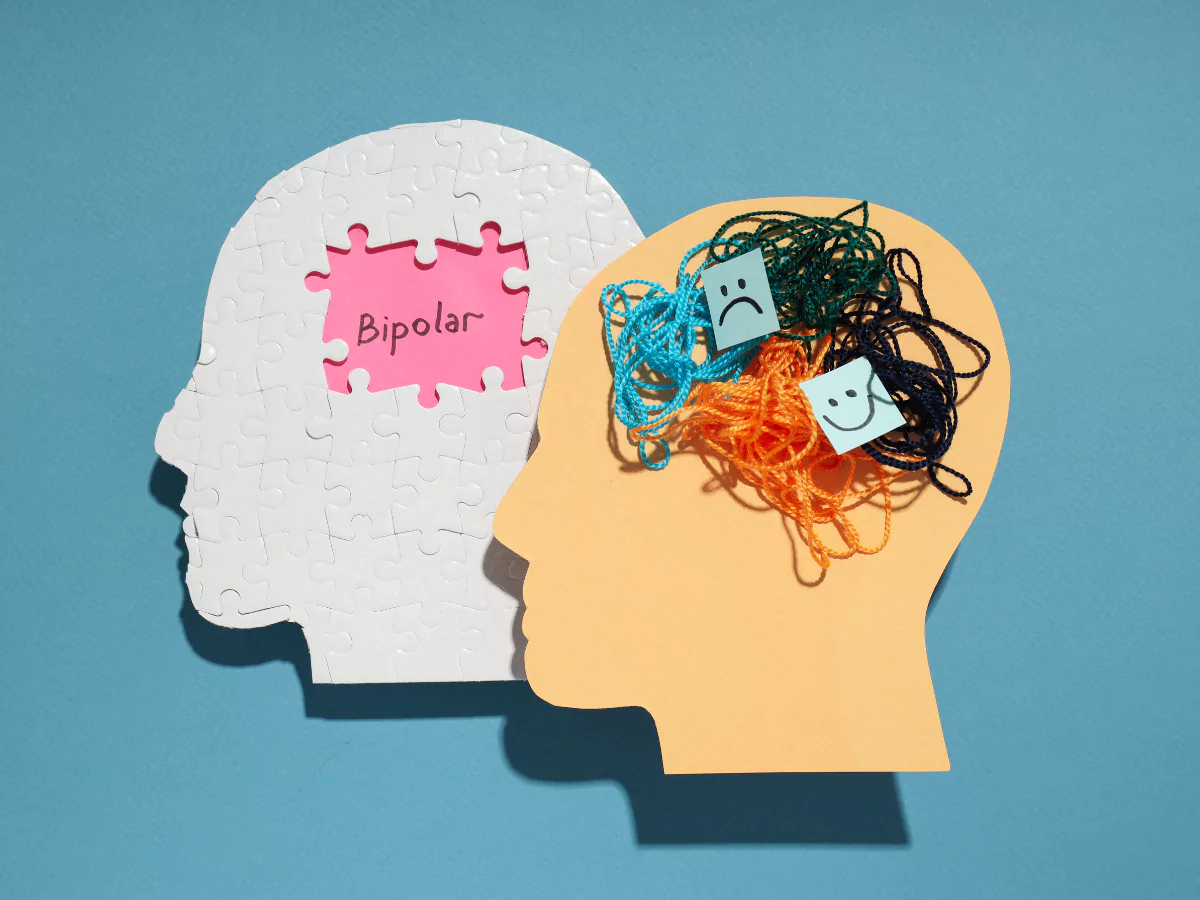
Nearly 30% of people experience anxiety disorders at some point in their lives, making it one of the most common psychological conditions.
Achieving long-term success with treatment can be challenging. While up to 70% respond adequately to diazepam for the first 3-4 weeks, less than two-thirds see remission of symptoms.
As researchers continue to explore alternative treatments for anxiety, preliminary evidence suggests that ketamine may offer relief for patients struggling with this condition.
Patients with depression benefit from ketamine as well, and anxiety is frequently a co-occurring condition in these patients. This overlap may help explain why ketamine has also helped patients suffering from anxiety.
Relief varies. Some experience benefits for days or weeks after a dose, while others require maintenance sessions.
Consistency and adjunct therapy (e.g., counseling) help improve outcomes.
Certain compounded forms, like nasal sprays and troches, may be prescribed for at-home use under strict medical oversight. Providers will assess if this is suitable based on the patient's condition and safety.
IV ketamine and the traditionally prescribed nasal spray Spravato must be administered in a doctor's office.
Ketamine is an FDA-approved anesthetic. When compounded at low, controlled doses may help treatment-resistant depression, chronic pain, anxiety, and PTSD.
Ketamine is most commonly compounded into nasal sprays, but can also be taken as troches and rapid dissolve tablets.
At low, controlled doses for medical use, addiction risk is minimal. Ketamine is not neurologically addictive.
Psychological addiction is more of a factor when considering the potential for addiction when using compounded ketamine.
Some patients experience temporary dizziness, dissociation, or nausea. These effects typically subside quickly.
We work closely with your care team to tailor doses and delivery methods for optimal tolerability.
Ketamine has demonstrated exceptional promise in managing generalized anxiety disorder (GAD), a condition often resistant to traditional therapeutic approaches.
Various studies have shown that patients respond well to lower doses of ketamine. During treatment, patients’ scores decreased on several anxiety ratings, such as HAM-A and CADSS.
During the maintenance phase of treatment, patients not only experienced reduced anxiety but also showed improved functioning in social and work-related settings. This highlights ketamine’s potential as an alternative for those struggling with GAD.

Social anxiety disorder (SAD) can be a debilitating condition, significantly impacting everyday situations in daily life.
Preliminary evidence has shown ketamine can provide relief for patients compared to a placebo. Studies have indicated a noticeably higher proportion of treatment responders when assessed using the Liebowitz Social Anxiety Scale (LSAS) and Visual Analog Scale (VAS).

Intravenous ketamine has helped patients with bipolar disorder relieve their anxiety and depression.
Patients can maintain typical treatments such as lithium or valproic acid.



Our compounding pharmacy can give you the information and assistance you need if you’re looking for more information about ketamine therapy.
Our experienced pharmacists can guide you through the process of starting ketamine for anxiety.
We value our patients and prioritize their health and healthcare outcomes.